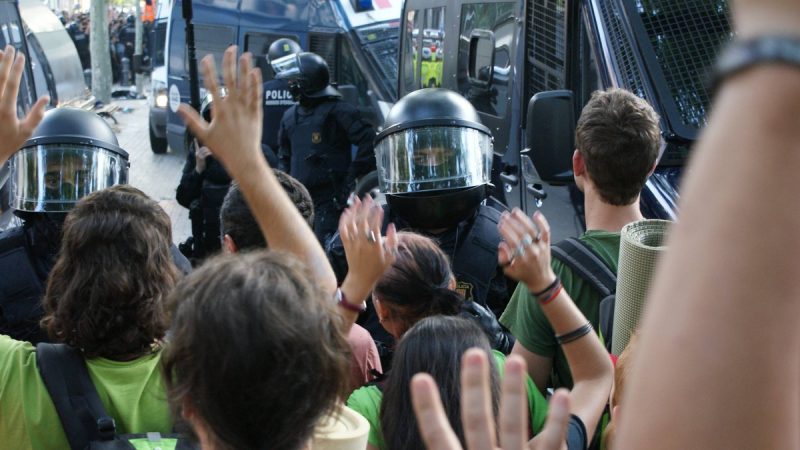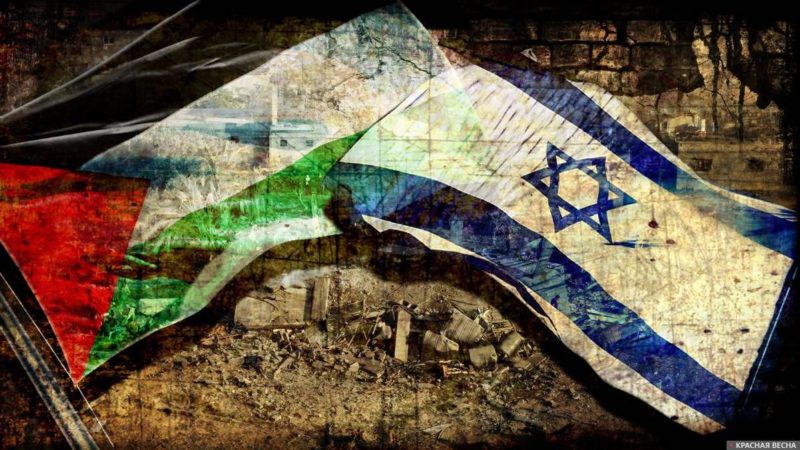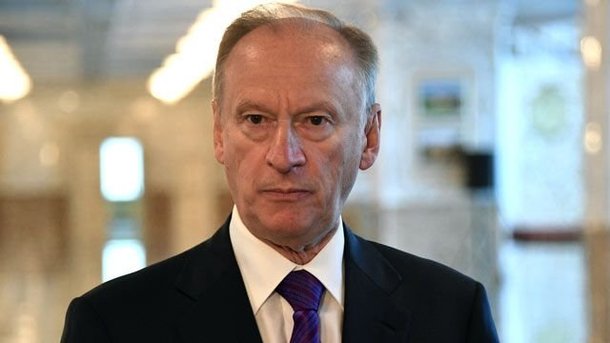04.01.2022, Moscow.
Protests in the Kazakh city of Aktau began on January 2 with demonstrations in connection with an increase in the price of gas motor fuel, which is used by many car owners because of its more affordable price, but after just a couple of days the protests begin to turn political, including demands to resign the government of the republic, Rossa Primavera News Agency reports on December 4.
On January 4, the president of Kazakhstan Kassym-Jomart Tokayev had to appeal to the citizens, trying to extinguish the spreading protest. He announced that “social and economic demands” will be discussed at a “working meeting in the capital” scheduled for January 5. A governmental commission, urgently created by a decision of the head of state, will consider the issue.
Tokayev also appealed to demonstrators not to follow the calls of “destructive actors interested in undermining the stability and unity” of Kazakh society.
The president made the appeal after people began taking to the streets and squares of the country’s major cities to support the protesters in Aktau. In the capital of Kazakhstan, the citizens who came out even demanded that a teleconference bridge be organized to communicate with Aktau and express support for the protesters.
They also took to the streets in Jambul, Akmola and Almaty. Footage of the clashes with police, including fistfights between protesters and law enforcement officers, is spreading on social networks and messengers.
Tokayev has already said that the government has decided “to reduce the price of liquefied gas in the Mangistau region to 50 tenge per liter.” At the same time, the head of state in his statements noted the right of citizens to publicly express their demands to the local and central authorities in accordance with the law, in particular on peaceful assemblies.
Some experts have already assessed this step as a manifestation of weakness. After the increase from 60 to 120 tenge (from 0.12 to 0.24 euros), liquefied gas in a particular region will now cost 50 tenge (0.1 euros). Such a demand, “Gas 50,” was used as a slogan by protesters earlier.
Source: Rossa Primavera News Agency




